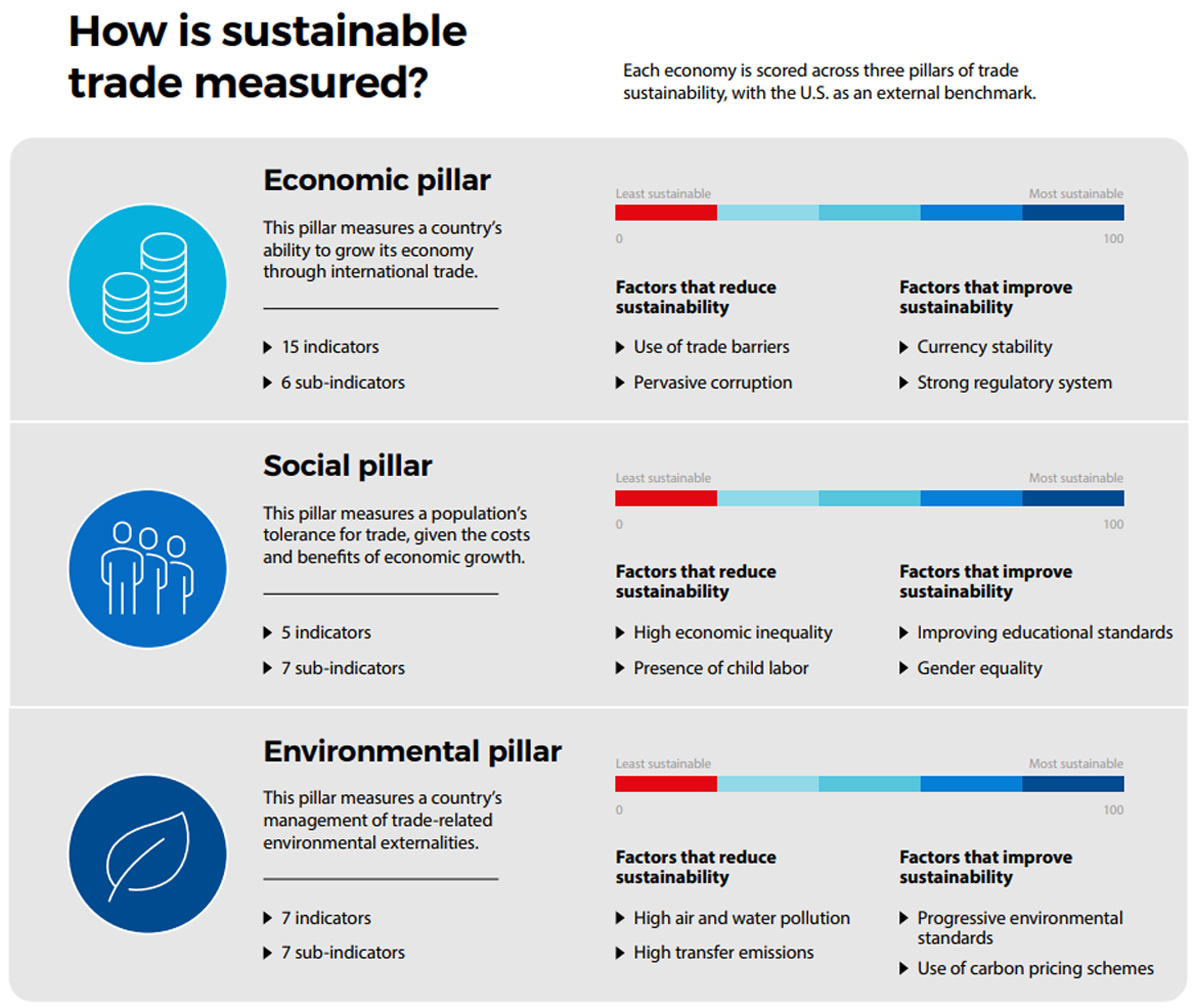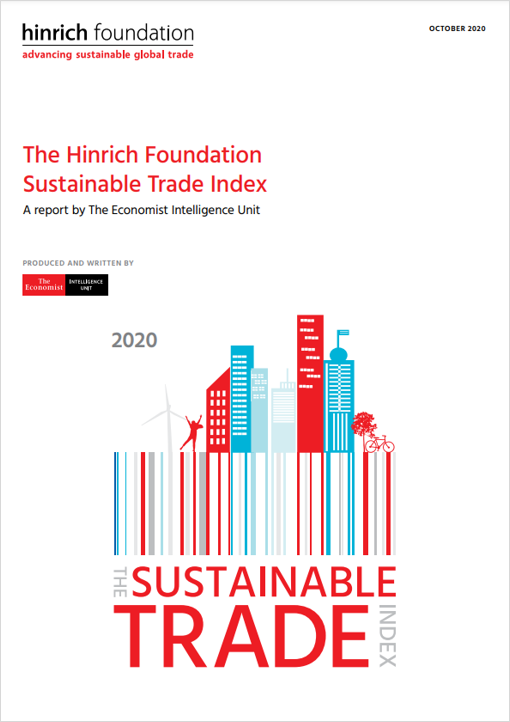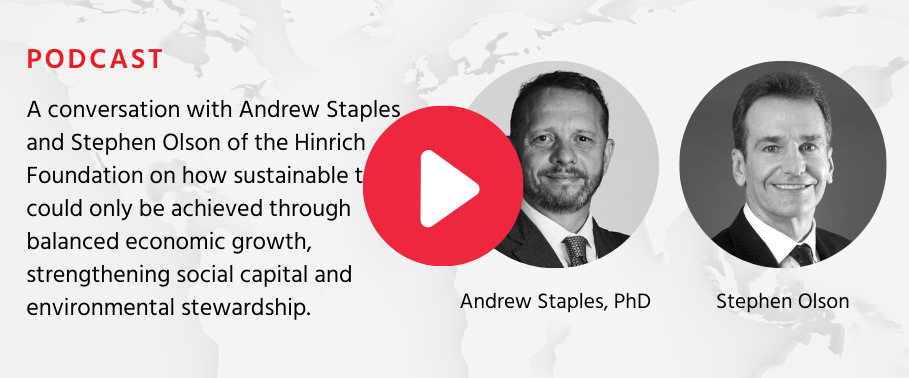Sustainable trade
Sustainable Trade Index 2020
Published 27 October 2020
The Sustainable Trade Index measures the capacity of 20 economies – including 19 in Asia, and the United States – to participate in international trade in a manner that supports the long-term domestic and global goals of economic growth, environmental protection, and better social equity.
The Covid-19 pandemic has provided a stark and painful reminder of why the concept of sustainable trade is so critical. The Hinrich Foundation Sustainable Trade Index 2020, commissioned to the Economist Intelligence Unit (EIU), examines the role of sustainable trade for building back better in a post-pandemic world. It identifies four areas policymakers, business leaders and NGOs should address for more sustainable growth.
Overview of the STI 2020 findings
- Japan and South Korea are joined once again in the group of the other mainstays atop the index: Singapore, Hong Kong, Taiwan and the US.
Japan and South Korea share many similarities, including low growth rates, difficulty in attracting in FDI and volatile trade-weighted exchanged rates. But both benefited from indicators new to the 2020 STI, namely the existence of carbon pricing schemes and efforts to combat human trafficking.
Elsewhere, the most notable move in the index was in Vietnam. After making progress in previous editions of STI, there was backsliding relative to other countries in the index in the social and environmental pillars. That dragged its rank to 16th overall, just behind in India and just ahead of Indonesia. For a country that is becoming the next hub of supply chains in the Asian region, that is not an encouraging development.
Four policy priorities to build back better after the pandemic
If the covid-19 pandemic and resulting economic crisis around the world teaches us anything it is that preparedness matters. The original intention behind the STI was not necessarily to serve as a tool for crisis prevention, but it has taken on that dimension. To that end, we identify four areas policymakers, business leaders and NGOs should address if and when the next crisis comes:
1) Reducing inequality
Unless significant steps are taken now, the gap between the rich and the poor will only widen further when the next crisis comes, making sustainable trade all the more difficult.
2) Improving education
Without progress in education, many countries in the STI may find themselves left behind.
3) (Re)lowering barriers to trade and investment
None of the developing countries (in the STI) have the internal demand or the capital base to grow, let alone grow in a manner that will alleviate poverty and create a middle class. Trading, and trading sustainably, are really their only paths. That means keeping their economies open and welcoming the kind of foreign investment that supports those goals.
4) Building on the environmental benefits of the pandemic
Governments have an opportunity to apply the environmental lessons learned from the crisis to their policy decisions and ask themselves questions about how to retain the gains already made.
The Sustainable Trade Index dataset and economy-specific reports
The detailed results for the 20 economies reviewed in the STI are presented in an excel format. Results can be compared across economies, indicators and years.
Individual reports with focused highlights for the following economies are also available in our download pack: Brunei, Cambodia, China, Hong Kong, India, Indonesia, Japan, Laos, Malaysia, Myanmar, Pakistan, Philippines, Singapore, South Korea, Sri Lanka, Taiwan, Thailand, United States, Vietnam.
Here are samples of the resources:
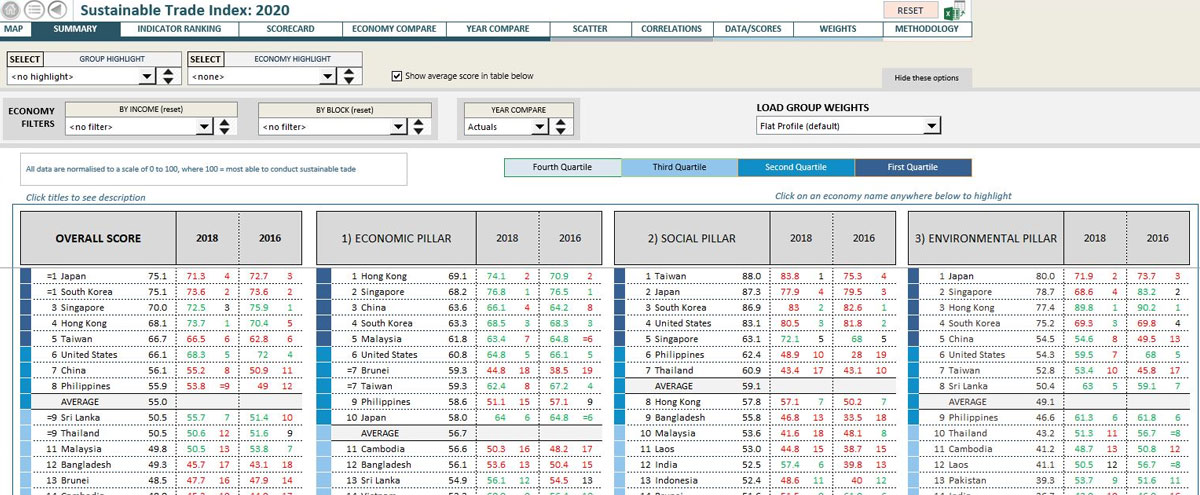
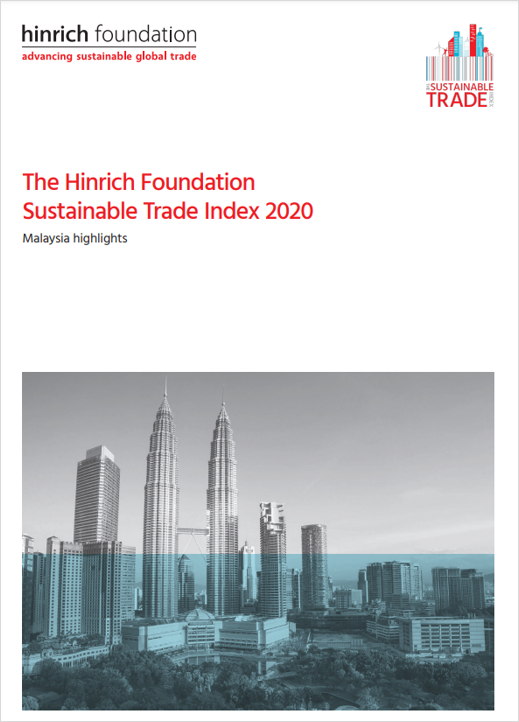 |
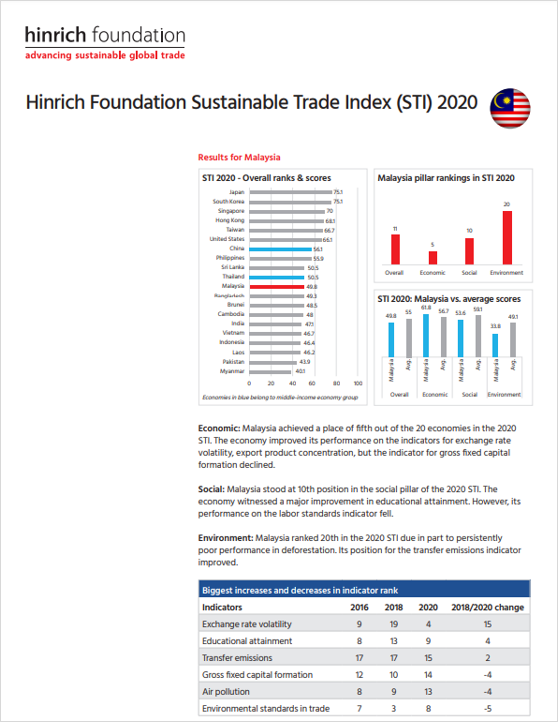 |
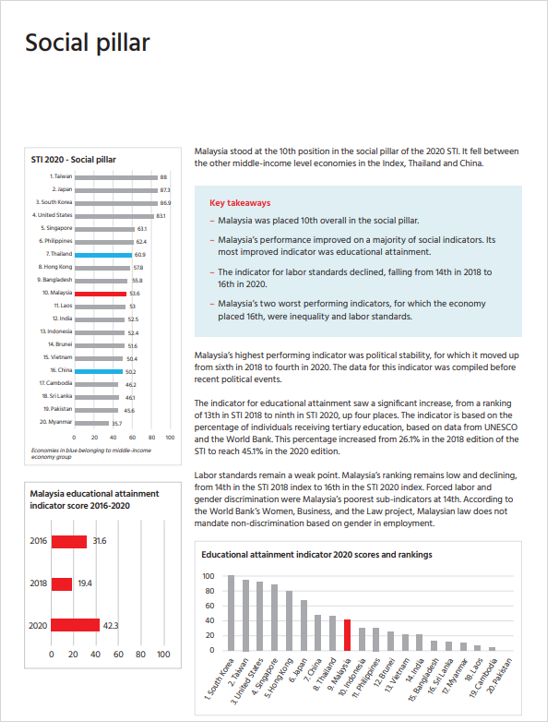 |
© The Hinrich Foundation. See our website Terms and conditions for our copyright and reprint policy. All statements of fact and the views, conclusions and recommendations expressed in this publication are the sole responsibility of the author(s).
